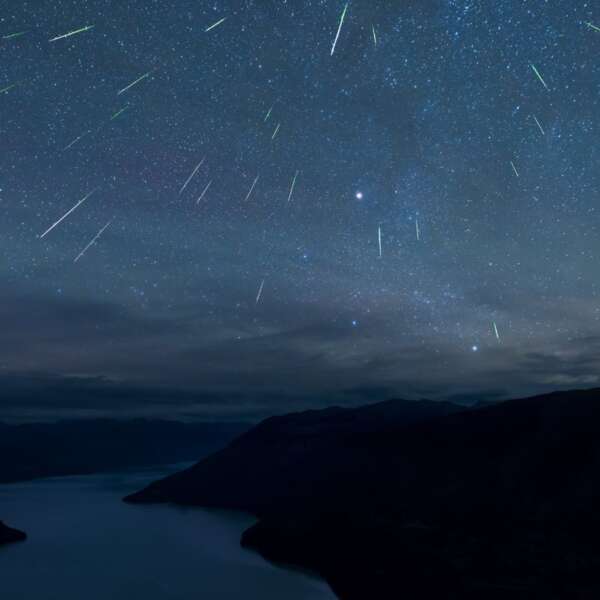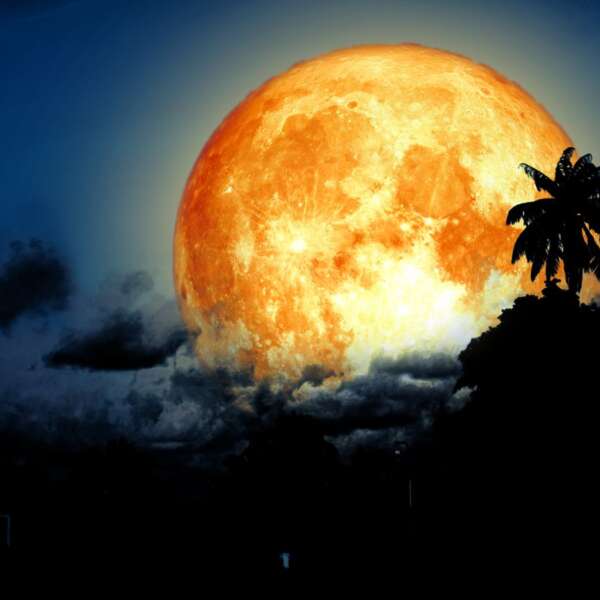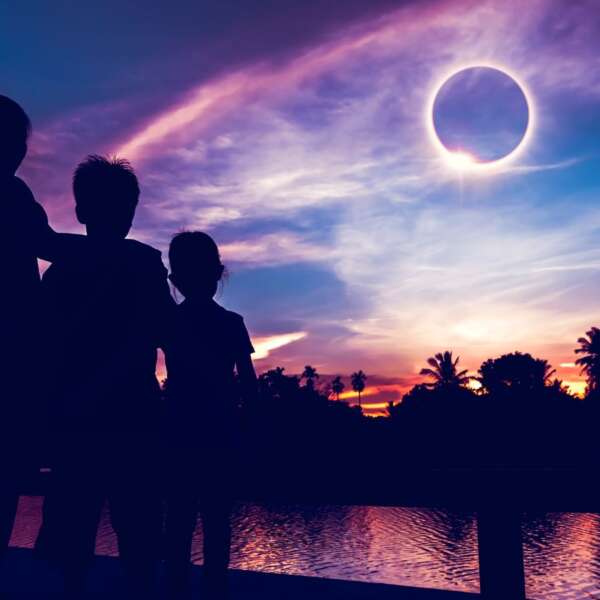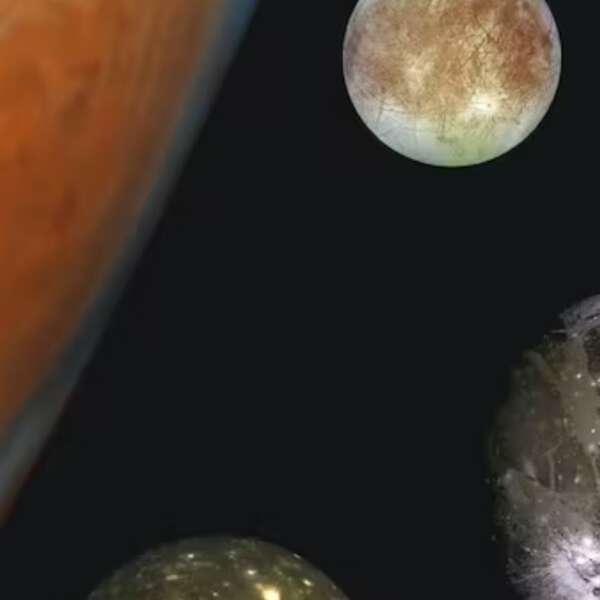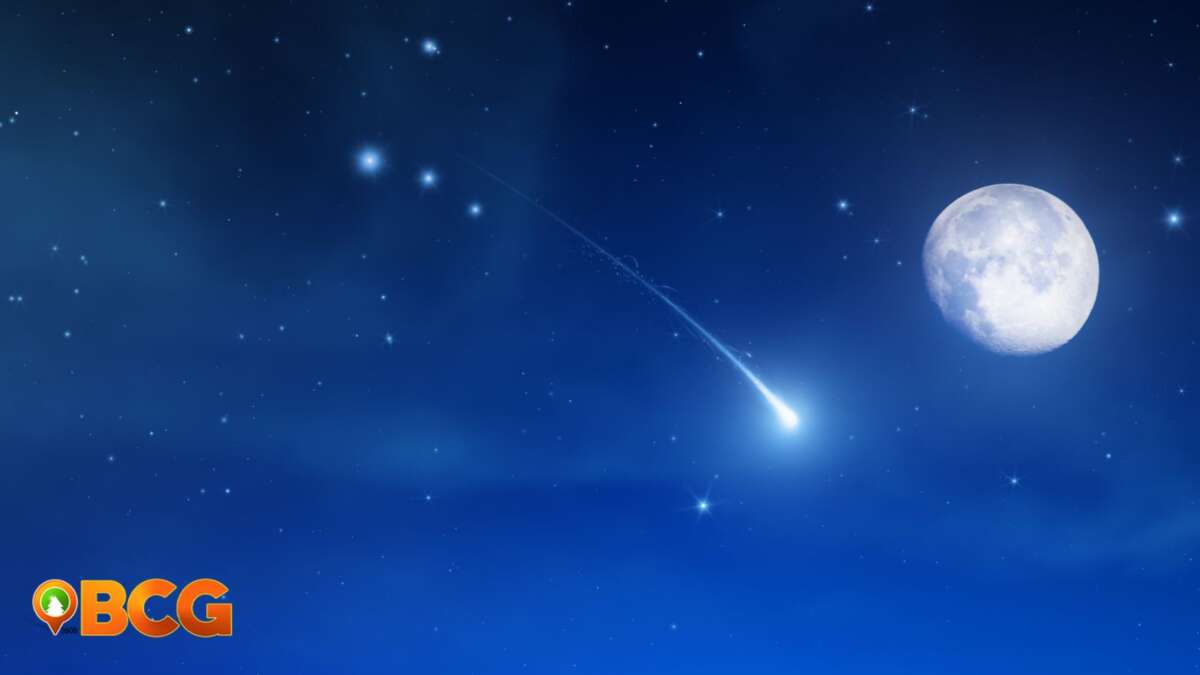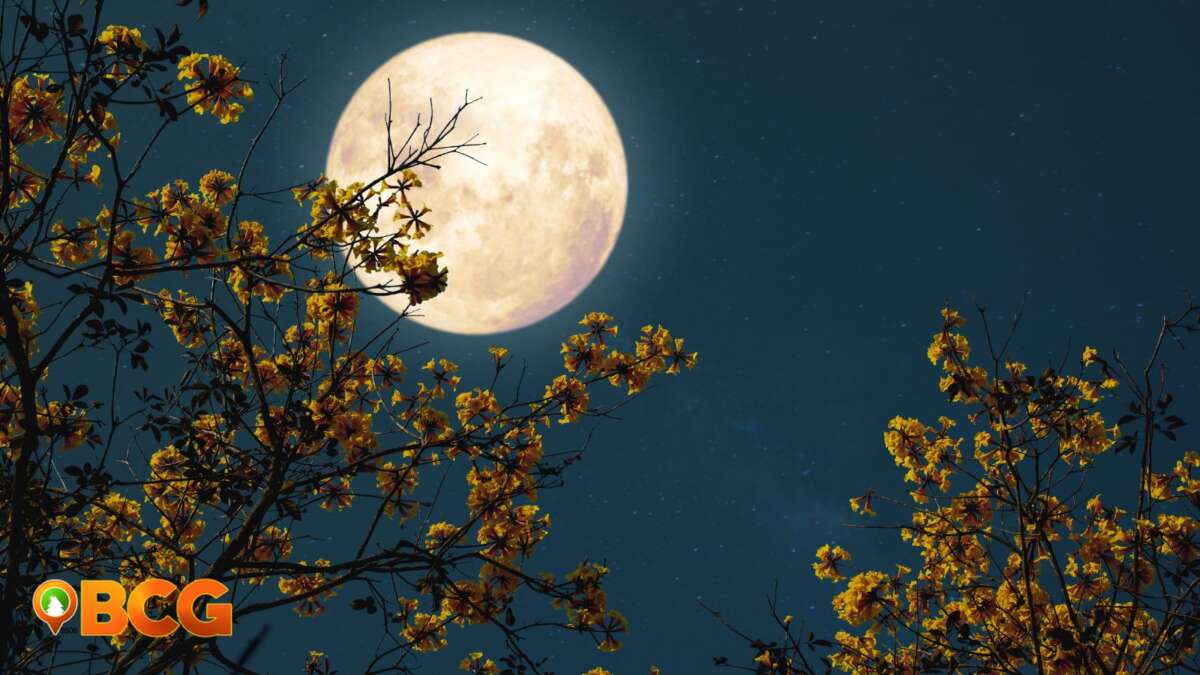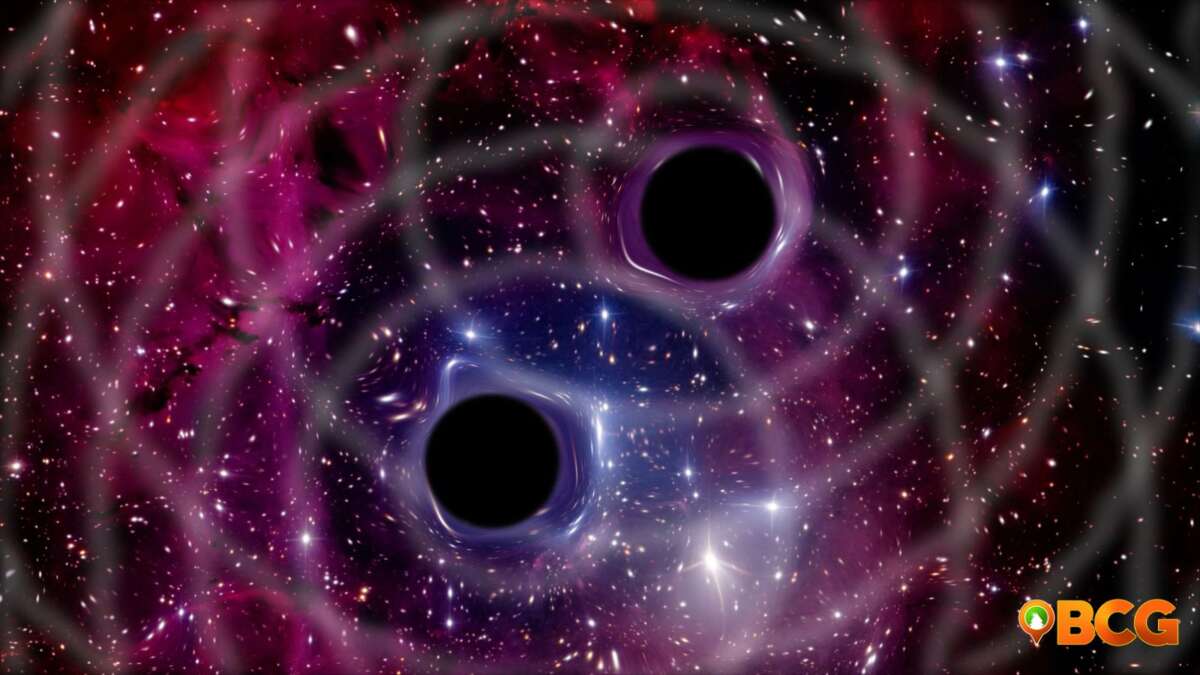NASA’s Int’l Space Station Captures Some “Out of this World” Full Moon Photos
Probably among the most stunning things the night sky has to offer is a full moon. The moon, whether or not appears to be a full moon, already looks magical as it is when viewed from Earth, but the National Aeronautics and Space Administration’s (NASA) International Space Station has shown us over the weekend another breathtaking angle of the moon that is literally out of this world.
On Sunday, December 6, 2020 NASA’s International Space Station has shared on Twitter some shots of our moon which have been taken from outer space, 250 miles above Earth, and here are some of the shots for you to see firsthand.
The full Moon occurs once a month and is a spectacular sight viewed from 250 miles above Earth. pic.twitter.com/ebm8Rvd4NZ
— Intl. Space Station (@Space_Station) December 5, 2020
Know More About the Full Moon
A full moon, as defined by NASA, occurs when the side of the Moon facing Earth is fully lit up by the Sun. The next Full Moon we can look forward to will occur on December 30, 2020 based on the latest Astronomical Diary published by the Philippine Atmospheric, Geophysical and Astronomical Services Administration (PAGASA).
A full moon is a real beauty, but have you noticed that not every appearance of it looks the same?
Well, that’s because there are a few different types of unusual full moon including supermoons, blue moons, harvest moons, and some others. Below is a footage of the Super Pink Moon captured from Baguio City in April 2020.
Other Astronomical Events to Look Forward To
Other than the next full moon, this month’s night sky has something else incredible to offer, and it’s the Geminid Meteor Shower which is expected to peak on the night of December 13, 2020. Find out more about this event here:
What’s Up the Sky this December? It’s the Geminid Meteor Shower!
For More News and Updates
Are you looking for more news about astronomy or any other updates that falls within your interest? Feel free to explore our BCG website and our official Facebook page. You may also check out our official BCG YouTube channel to as well catch a variety of video content.
Source: NASA International Space Station| Twitter, NASA Science| Space Place, PAGASA| Astronomical Diary


